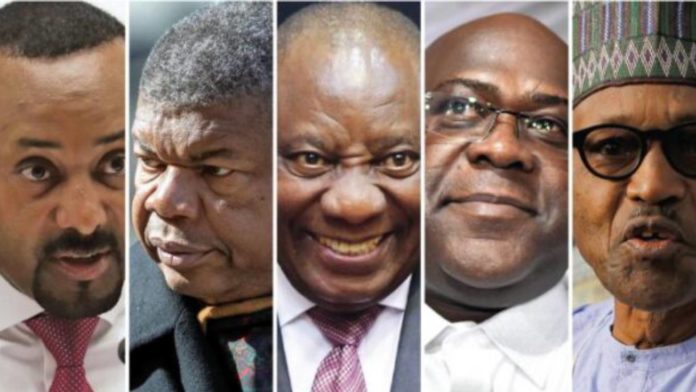In the 60-plus years since the countries of sub-Saharan Africa started becoming independent, democracy there has advanced unevenly. During the Cold War, many African states turned into Soviet- or U.S.-backed dictatorships. Afterward, some nascent democracies made notable gains, but others ended up backsliding. Even as some countries in the region have grown into success stories, most have failed to embrace true democracy, despite a deep hunger for it among their populations. Today, a mere 11 percent of Africans live in countries that Freedom House considers free.
But change is afoot. Whereas from 2010 to 2014, the region experienced nine transfers of power from one leader to another, since 2015, the region has experienced 26 of them. Some of these transitions amounted to one leader relinquishing his or her seat to a handpicked successor, but more than half featured an opposition candidate defeating a member of the incumbent party. Of the 49 leaders in power in sub-Saharan Africa at the beginning of 2015, only 22 of them remained in power as of May 2019.
Africa’s new set of leaders includes former military dictators turned democrats, party loyalists who steadily moved up the ranks, and a few political outsiders, among them a disc jockey, a business magnate, and a former soccer star. Five of them will prove especially pivotal: Abiy Ahmed of Ethiopia, João Lourenço of Angola, Cyril Ramaphosa of South Africa, Félix Tshisekedi of the Democratic Republic of the Congo, and Muhammadu Buhari of Nigeria. These leaders preside over countries that make up nearly half the population of sub-Saharan Africa, include four of the region’s five largest economies, and have some of the continent’s strongest militaries.
CENTER FOR AFRICAN STUDIES
Center for Africa Studies (AFRAM) which located in Ankara, is an organization facilitating under the administration of African Affairs Council (AFAC). It makes various researches about Africa to enhance economic and cultural bounds between Africa and Turkey. AFRAM’s publishings has been shared with different institutions as they require to obtain.
AFRICA OBSERVATORY
Africa Observatory is one the publishing of AFRAM and it has been published each two weeks. It has been delivered to different institutions via e-mail.






